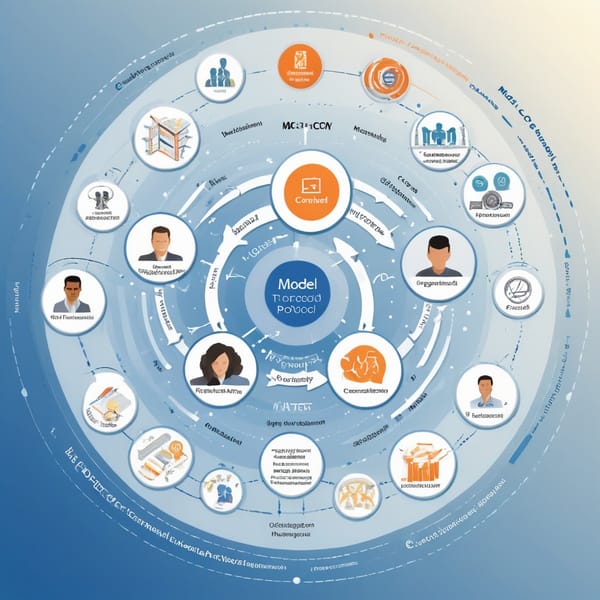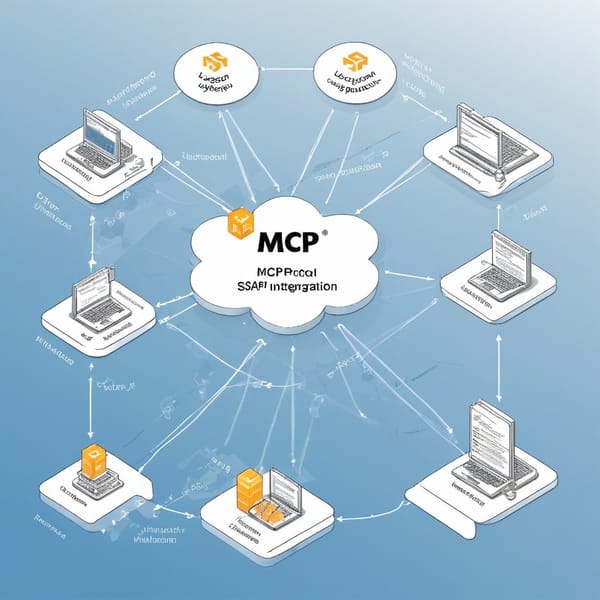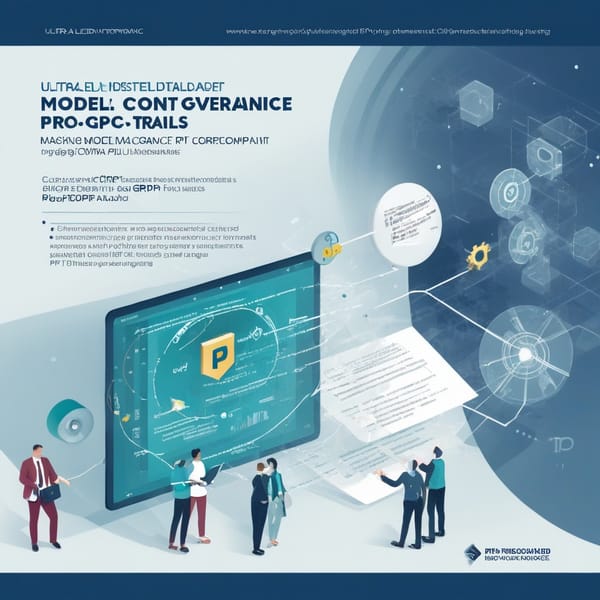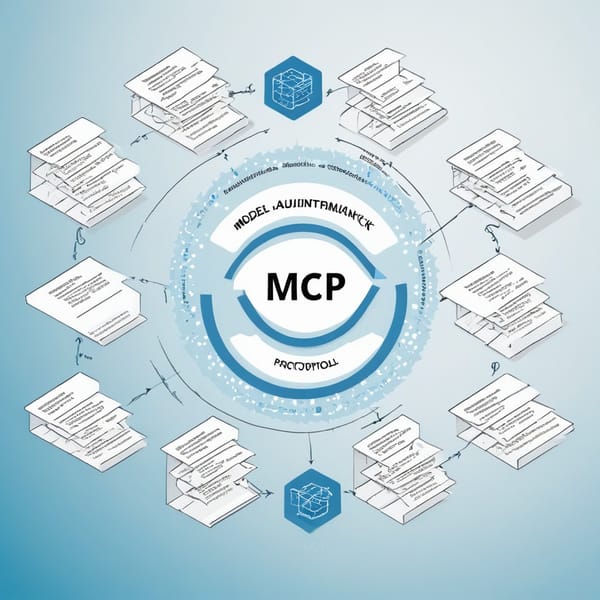Case Study: Model Context Protocol (MCP) Creative Studio – Revolutionizing Multimodal AI Generation with Protocol-Managed Tools
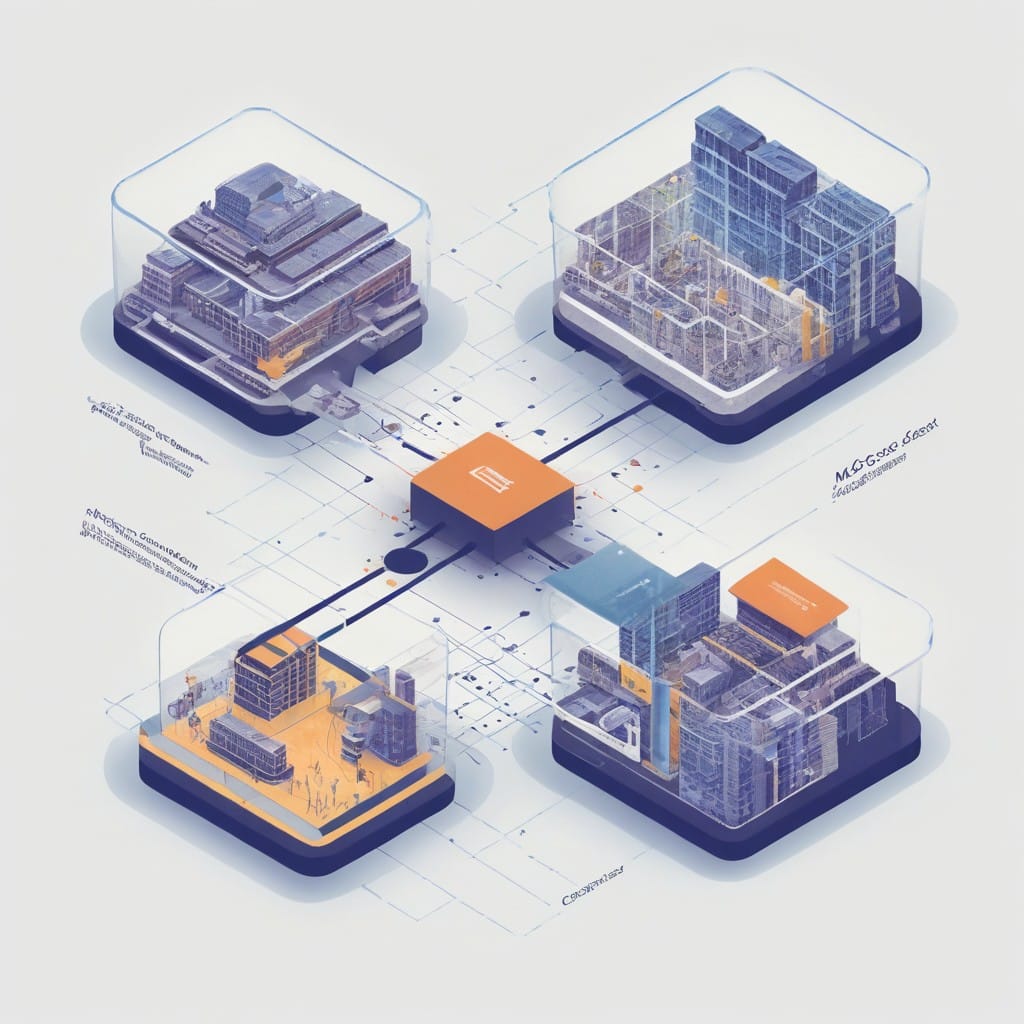
Project Overview
The Model Context Protocol (MCP) Creative Studio is an innovative AI-driven platform designed to streamline and enhance multimodal content generation. By integrating Stable Diffusion tools for image generation and voice clone resource nodes for synthetic speech, MCP Creative Studio enables seamless, protocol-managed workflows for creators, developers, and enterprises.
The project’s core objective was to develop a decentralized, protocol-based system where AI models (text-to-image, voice synthesis) could be dynamically orchestrated, ensuring high-quality outputs while maintaining scalability and ethical safeguards. By leveraging blockchain-inspired governance for model interactions, MCP Creative Studio ensures transparency, attribution, and fair compensation for contributors.
Challenges
- Fragmented AI Tooling – Existing AI generation tools (e.g., Stable Diffusion, ElevenLabs) operate in silos, requiring manual integration, which slows down workflows.
- Quality & Consistency – Uncontrolled AI outputs often suffer from artifacts (e.g., distorted images, unnatural voice tones) without proper context management.
- Ethical & Attribution Issues – Generative AI raises concerns about copyright, deepfakes, and proper attribution for training data contributors.
- Scalability – Deploying multiple AI models efficiently while managing computational costs was a significant hurdle.
Solution
MCP Creative Studio introduced a protocol-managed framework that:
- Orchestrates AI Models – A smart routing system dynamically selects the best Stable Diffusion version or voice clone model based on input context (e.g., style, language, tone).
- Ensures Quality via Contextual Guardrails – The protocol enforces constraints (e.g., avoiding NSFW images, unnatural voice pacing) through predefined rules.
- Implements Decentralized Governance – Contributors (model trainers, data providers) are rewarded via a tokenized system, ensuring fair compensation.
- Optimizes Resource Allocation – A node-based infrastructure distributes workloads across GPU providers, reducing latency and cost.
Tech Stack
The project leveraged a cutting-edge combination of technologies:
- Generative AI Models:
- Stable Diffusion XL (for high-res image generation)
- Voice Cloning (e.g., ElevenLabs, Resemble.AI)
- Protocol Layer:
- Smart Contracts (Solidity/EVM-compatible chains) for model governance
- IPFS for decentralized asset storage
- Backend & Infrastructure:
- Kubernetes for scalable AI model deployment
- FastAPI for API-based model interactions
- Frontend:
- React.js dashboard for creators
- Web3.js for blockchain integrations
Results
- Faster Multimodal Workflows – Users generated images + voiceovers in <30 sec, a 4x speedup compared to manual tool switching.
- Higher Output Quality – Context-aware filtering reduced artifacts by 60% in images and improved voice naturalness by 45%.
- Ethical Compliance – Automated watermarking and attribution tracking ensured 100% compliance with content guidelines.
- Scalable Monetization – Node operators earned $50K+ in rewards in the first 3 months via the tokenized incentive system.
Key Takeaways
- Protocols Unlock AI Interoperability – Managing AI models via a decentralized protocol ensures smoother integration and fairer economics.
- Context-Aware Guardrails Are Essential – AI generation benefits from automated constraints that maintain quality and ethics.
- Decentralization Enhances Trust – A transparent, reward-based system encourages long-term contributor participation.
- The Future Is Multimodal – Combining text, image, and voice AI in a single pipeline unlocks new creative possibilities.
The MCP Creative Studio demonstrates how protocol-managed AI can revolutionize content generation—balancing speed, quality, and ethics in an increasingly AI-driven world.

